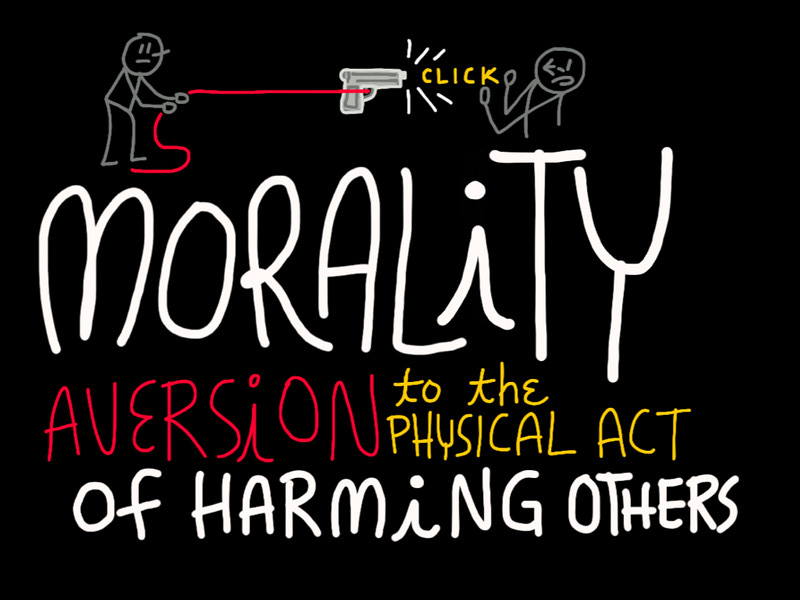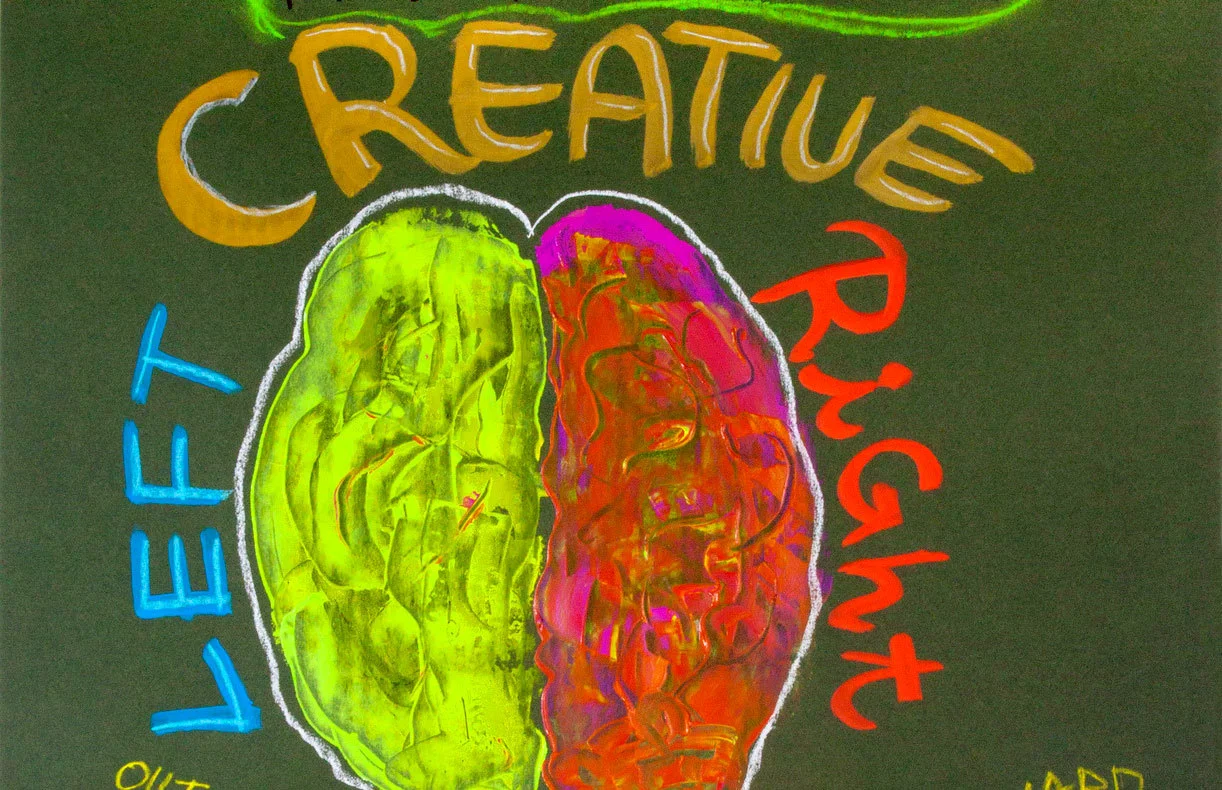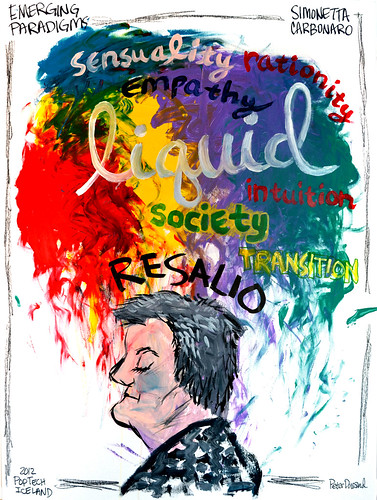Greg Hochmuth: Staring at the internet
/Greg Hochmuth is an artist and engineer based in New York City. He studied computer science and design at Stanford University, and then worked as a product manager, engineer, and data analyst at Google, Instagram, and Facebook. In 2015, Greg started collaborating with Jonathan Harris based on their shared interest in data poetics; Network Effect, an exploration of the psychological effects of internet use on humanity, is the first project they have released together.






















